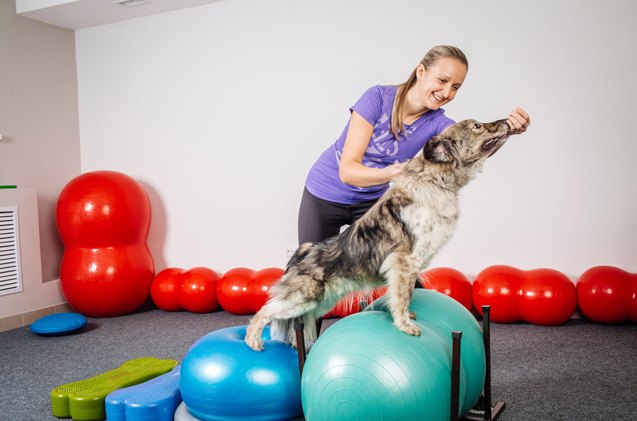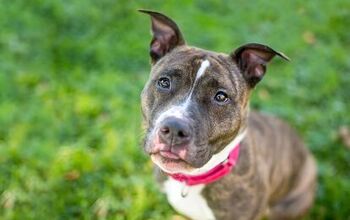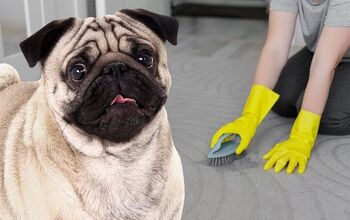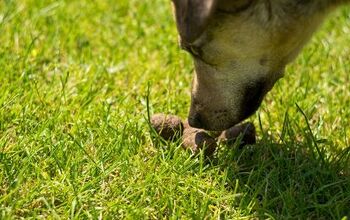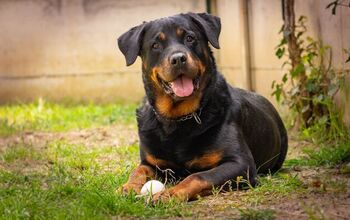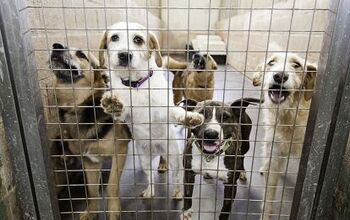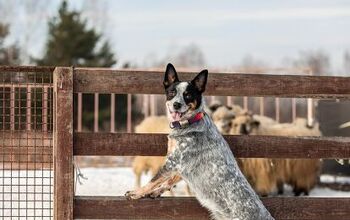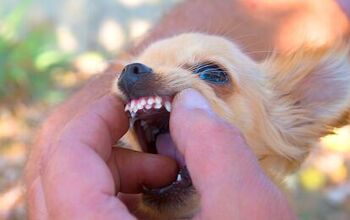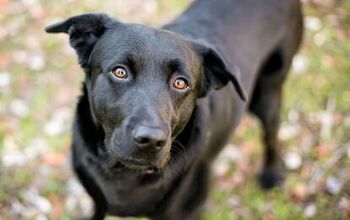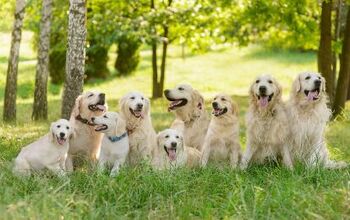What Do the Letters After a Dog Trainer’s Name Mean?

When looking for a dog trainer or behavior specialist, I believe qualifications count. Dog training is currently an unregulated field, meaning that anyone can call him or herself a trainer. While there may be excellent dog trainers out there without any certifications or formal education, I always feel more comfortable knowing that a professional has made the effort to earn certain credentials.
Keep it Positive
There are few things that indicate a trainer is trustworthy and qualified. If you see CPDT-KA or CPDT-KSA after the trainer’s name, this means the trainer has passed an assessment test that focuses on scientifically proven models of training, and also has at least 300 hours of hands-on dog training experience. To maintain certification, trainers must earn continuing education credits and promise to use safe and humane training methods. This certification is the real deal.
Related: Why Dog Trainers Should Treat Humans Likes Dogs
Other letters might indicate the dog training program from which a trainer graduated. For instance, KPA CTP is used by graduates of Karen Pryor Academy, and PMCT refers to Pat Miller Certified Trainers. Both of these programs emphasize positive training and show that the graduate has completed coursework in training theory and/or hands-on training.
If you see letters you don’t recognize, the best thing to do is google them. If these letters refer to a specific dog training school or program, check the program’s website to read about its philosophy. Since positive training is backed by extensive research and can do no harm to your dog, I strongly encourage you to prioritize programs using positive methods.
Behavior Specialists
If your dog has a serious behavior problem, consider a professional whose credentials reflect an even higher level of education. Technically the term “behaviorist” refers to professionals with advanced academic degrees, called Applied Animal Behaviorists (indicated by the letters CAAB or ACAAB), or it may refer to Veterinary Behaviorists (indicated by DACVB). These behaviorists are highly trained but also may be hard to find. If you see the following letters, you are also in good hands: IAABC, CDBC, CBCC and CABC. Any time a professional claims to be a behaviorist, it is important that there are credentials to prove it.
Related: How to Find a Reputable Service Dog Training Program
Some trainers and behavior specialists have APDT listed in their credentials. While it’s an excellent organization devoted to the education of trainers, membership does necessarily indicate proficiency. In fact, APDT has a useful explanation of the many different certifications to look for at The Association of Professional Dog Trainers’ website.
Not All Opinions Are Created Equal
Keep in mind that everyone fancies themselves a dog training expert. I’ve even had strangers stop me on the street to instruct me that my dogs should not be walking a step in front of me (when, in fact, I encourage them to walk this way, so I can see what they’re doing).
Anyone who gives you free advice without first asking a slew of background questions is not in the position to give training advice, so please just smile and walk away. Even veterinarians, for whom I have a great deal of respect, are generally not given any formal training in animal behavior. So if you have a training or behavior question, seek out the help of someone who has the qualifications to give you the best answer. This will ensure that both you and your dog are in good hands.

Kate Naito, CPDT-KA, is a dog trainer at Doggie Academy in Brooklyn, NY, and author of the training book, "BKLN Manners." She draws upon her experience as an educator and dog trainer to apply positive training techniques to a challenging urban environment. Kate is a rescue advocate drawn to special-needs dogs and currently has two Chihuahua mixes, Batman and Beans.
More by Kate Naito



